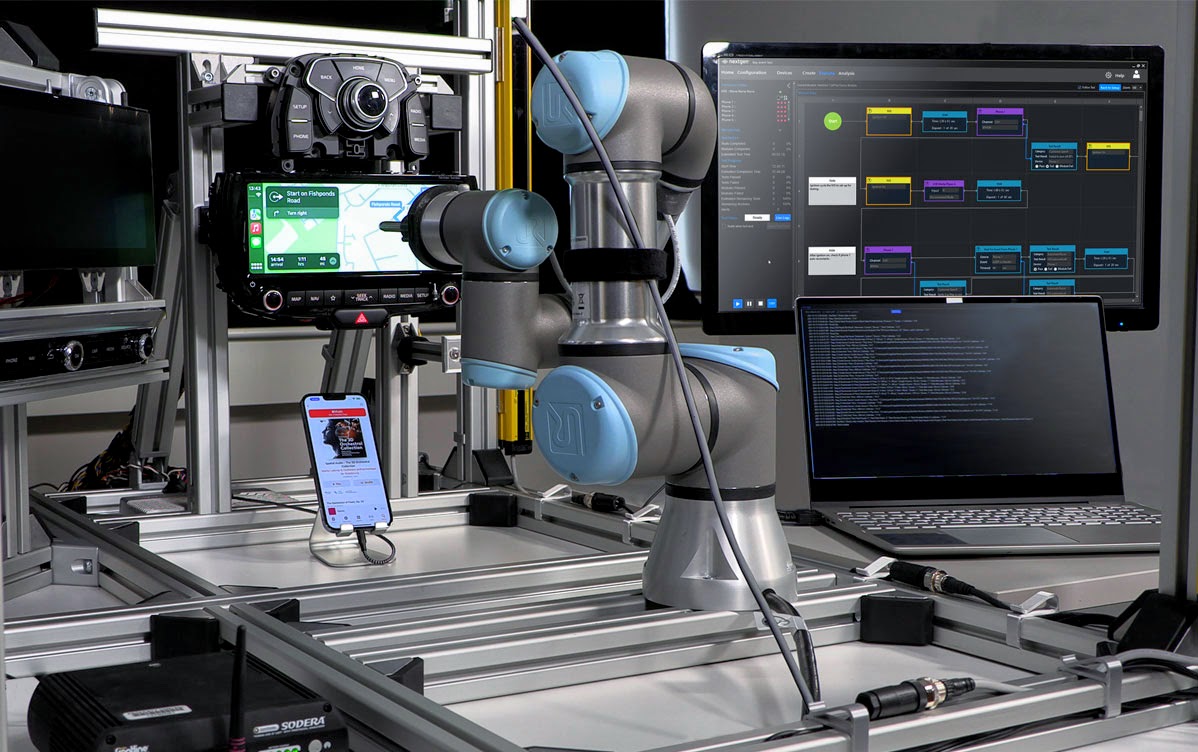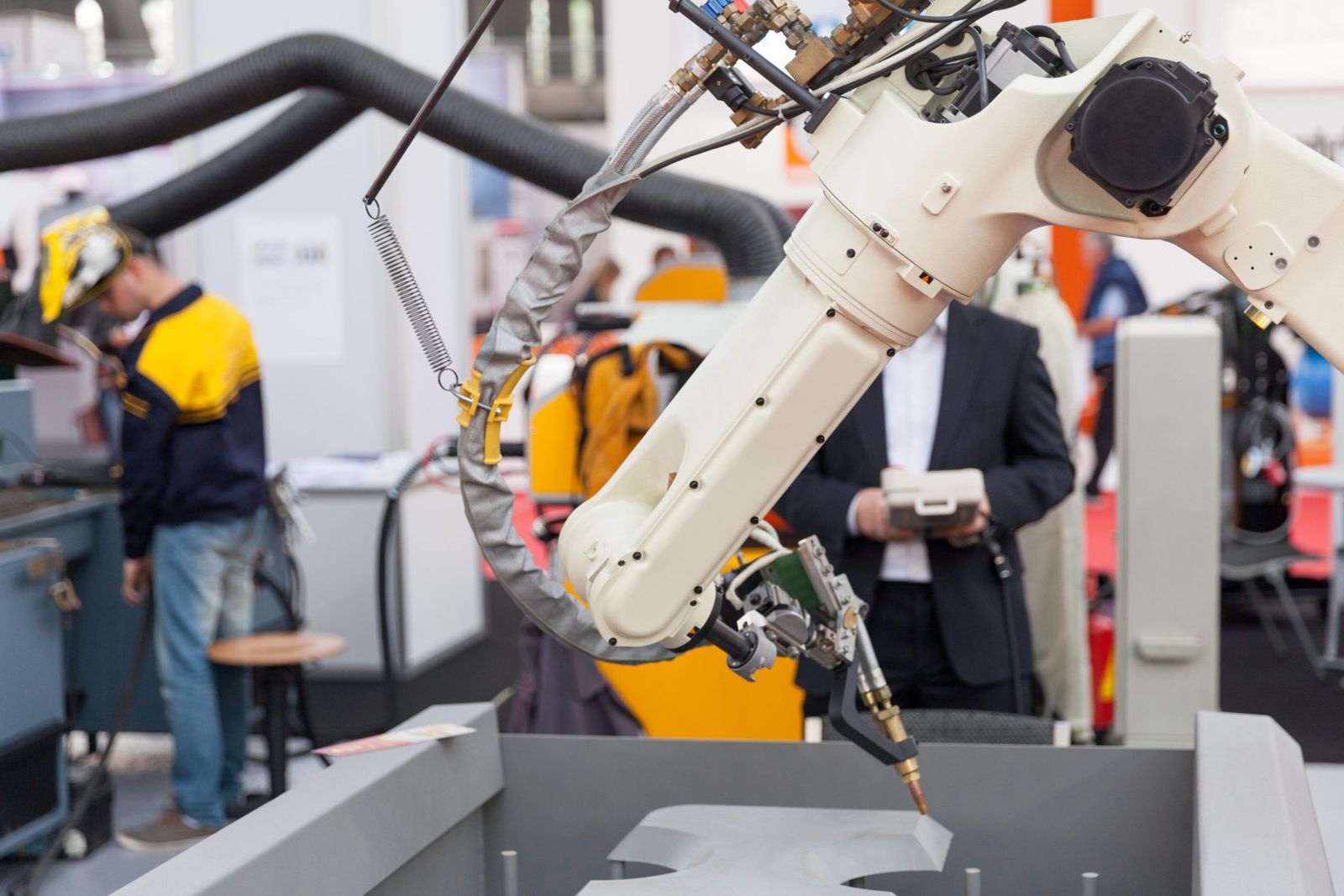
The Relevance of Nextgen Automation in 2024
As the year 2024 is pacing ahead, one thing is certainly catching every business’ attention – NextGen automation. So far, the industrial world has majorly relied on hardware and manual work. But now, we are in a software-driven world. Be it manufacturing, marketing, business or healthcare, automation practices are starting to shift the way industries operate. In fact, it is moulding the way we used to work. The NextGen automation is all geared up to make processes more efficient while significantly impacting the demand and supply of every industry.
If you own a business, it is time to rethink what automation can do for you. In this blog, we have outlined how NextGen automation is driving digital change and what are some trends you can also follow in 2024. Let’s get started.
Why is Nextgen Automation Relevant in 2024

Looking at the way next-generation automation has transformed the way business work and grow shows how crucial it is in 2024. Technology has already grown exponentially over the years. It has now seeped into the main operations of several industries, including healthcare, where the risk factor is high.
But it is the success and accuracy of automation that every industry has welcomed with open arms. 2024 is going to be the same or even more lucrative in terms of NextGen automation.
The technology is expected to bring about further advancements in fields such as Artificial Intelligence, Machine Learning, and Robotic Process Automation (RPA). All these technologies will play a crucial role in helping companies automate complex and time-consuming tasks to free up their employees and let them focus on more strategic and creative tasks.
Industries like manufacturing, finance, healthcare, and retail industries, among others, will realise the potential of automation, leading to high demand. Moreover, NextGen automation technologies will also become more widespread across various sectors, with small and medium-sized businesses shifting to automation to remain competitive.
Nextgen automation will become more relevant with the integration of IoT (Internet of Things). This will create new opportunities for companies to collect and analyse data in real time, leading to improved decision-making and increased productivity.
Nextgen Automation Trends to Look For

Below are a few trends predicted by experts that show how NextGen automation is going to steal the limelight in 2024:
- Generative AI: This type of AI and machine learning method learns from existing data such as text, audio files, and images and creates completely new and original content.
- Collaborative Robots: In 2024, the adoption rate of collaborative robots that can interact with humans in a shared professional environment will increase. They can handle a range of tasks – from lifting heavy weights to performing surgeries in an OT.
- Automation in Sustainability: Now more than ever, companies are trying their best to be sustainable, and NextGen automation is making it easier. The automated processes reduce waste while the tools gather information to achieve sustainability goals.
- Robotic Process Automation: Also known as RPA, this software technology will replicate human actions and perform digital tasks more effectively. Thus, industries will see a rise in their usage in 2024.
Other than these, a few other trends are the adoption of NLP technology and conversational AI, augmented intelligence, low-code/no-code platforms, Metaverse and Hyper Automation, and so on.
Leverage the Benefits of Next-Gen Automation for Your Business

To put it simply, one can say that NextGen automation has high relevance in 2024 and if businesses wish to utilise the benefits that come with it, they should start preparing as soon as possible. They can start simply by collaborating with a reputed electric brand and finding automated solutions for their business. It won’t just help them be future-ready in terms of energy usage but also in terms of sustainability.
